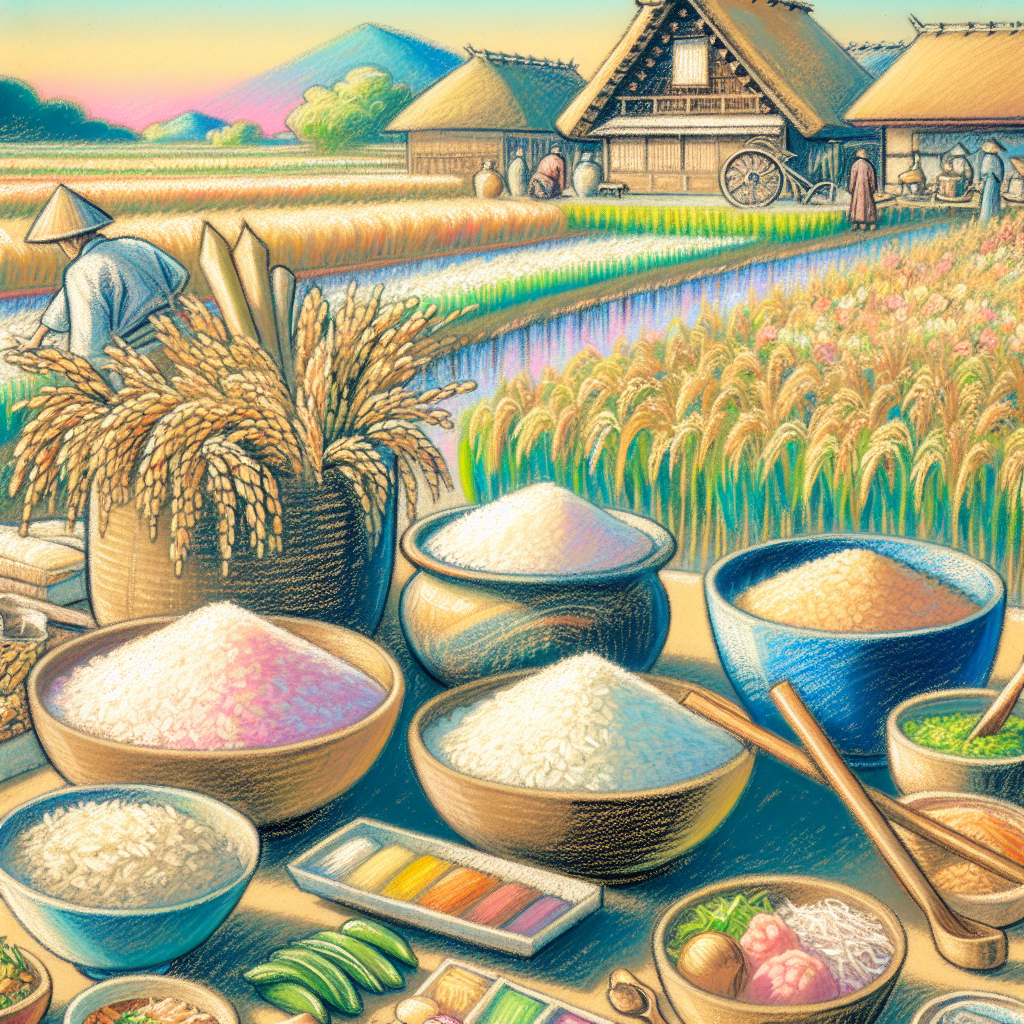Culinary Art and Spiritual Harmony: The Essence of Japanese Food Culture
The Intersection of Culinary Artistry and Spirituality in Japanese Food Culture Unveiling the Essence of Japanese Culinary Traditions Japanese food culture transcends the basic need for nourishment, rooted deeply in a rich history and philosophy. Central to this culture is the intersection of culinary artistry and spirituality, reflecting how Japanese cuisine is not merely a means to satisfy hunger, but a profound expression of culture, tradition, and the human spirit. Culinary Art as Expression Japanese cooking emphasizes aesthetic beauty, ingredient selection, and culinary techniques, presenting each dish as an artistic creation. For instance, kaiseki and osechi highlight not just visual appeal but also the concept that dining is an experiential…



